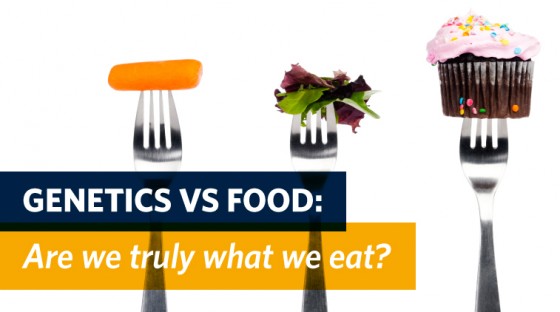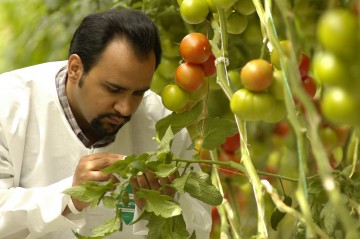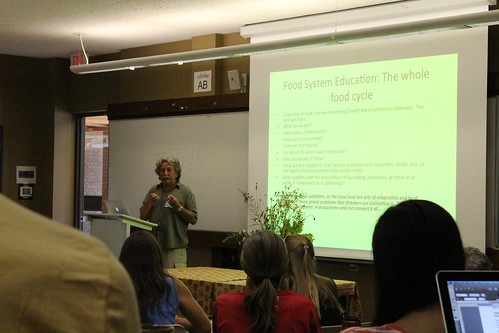
Q & A with Kyly Whitfield, PhD Candidate in Human Nutrition
April 24, 2015
Kyly Whitfield is a PhD Candidate in UBC’s Human Nutrition program. Her current research combines food science and nutrition as she tests the efficacy of thiamin-fortified fish sauce to combat infantile beriberi in Prey Veng, Cambodia. (Watch Kyly present her 3-Minute-Thesis on this study at the UBC 3MT Finals.)
What’s something you think is unique/special about LFS?
Diversity is a major strength of our Faculty. Interdisciplinary and collaborative research is the way of the future, and I think we are well aligned in LFS to continue in this direction.
What’s your favourite holiday?
Christmas! It brings together everything I love – music, family and friends, and LOTS of delicious food!
Is there a book that has changed your life?
Cambodia’s Curse has been extremely helpful in my doctoral research. This book, written by international journalist Joel Brinkley, gives a journalist’s perspective on the modern history of Cambodia. I read it right before my first trip to Cambodia, and it highlighted so many important historical, social, and cultural issues that, in my view, have the potential to affect nutrition right from agricultural and growing practices, to food preparation, to food choices and cooking methods.
What made you want to become a part of LFS?
I was drawn the International Nutrition research team. I saw a PhD in Human Nutrition as an opportunity to fuse my passions for research and travel. Did I ever make the right choice! I am surrounded by grad students and faculty mentors who are curious, intelligent, open-minded, hard-working, and full of amazing research ideas!
Where do you see yourself in five years?
I hope to stay in academia, and in a perfect world see myself as a faculty member in a thriving nutrition department conducting international research (hopefully in Cambodia and elsewhere) and teaching about nutrition and food security.
What’s your favourite part of doing research/being a student at UBC?
I feel so lucky with my doctoral research because I get to live in two worlds. In Canada I am surrounded by bright, curious, and enthusiastic grad students, undergrads who are eager to learn, and amazing faculty mentors. In Cambodia, I work with programmatic experts in nutrition at Helen Keller International and spend my days working with local government or nutrition NGOs, or with study participants in rural villages. Living in academic and programmatic worlds surrounded by passionate experts has been an unbelievable training experience.
If you won a free plane ticket to go anywhere in the world, where would you go?
Istanbul is at the top of my bucket list. I am dying to wander the Grand Bizarre surrounded by spices from around the world!
Tagged with:


 On April 29, Alumni UBC, in partnership with the Faculty of Land and Food Systems, and the Heart & Stroke Foundation, held a panel discussion exploring the effect of diet and genetics on chronic disease.
On April 29, Alumni UBC, in partnership with the Faculty of Land and Food Systems, and the Heart & Stroke Foundation, held a panel discussion exploring the effect of diet and genetics on chronic disease.





